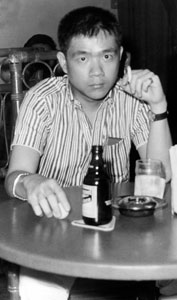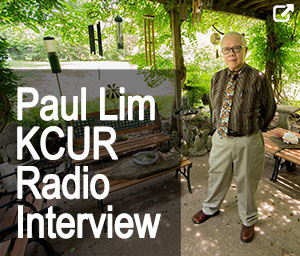18 February 2012: “Houston, we’ve got a problem.”
The week-long media frenzy over the unexpected demise of Whitney Houston continues today with her funeral in Newark, NJ. While I am generally saddened by news of anyone’s untimely passing, this time, uncharacteristically, I seem to be completely unaffected. Buddy Holly, Ricky Nelson, Elvis Presley, Janis Joplin, John Lennon, Kurt Cobain, Michael Jackson. Perhaps I’m still in mourning for all the unfortunate celebrities who preceded Whitney Houston in death, or maybe I’ve just got a problem these days, at age 68, with all obituaries and memorial services.













